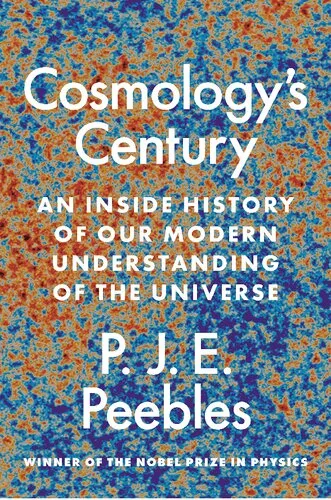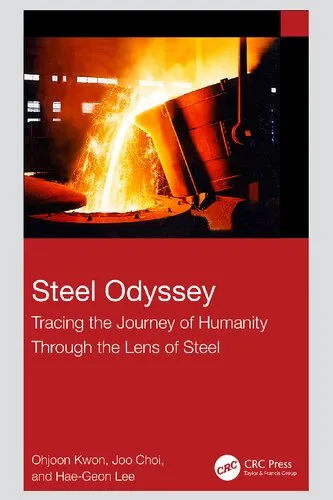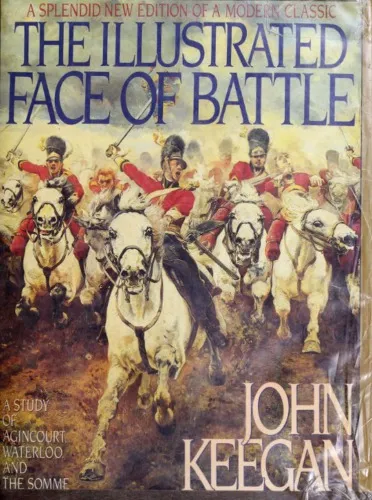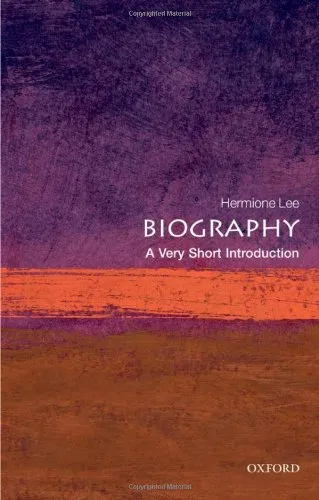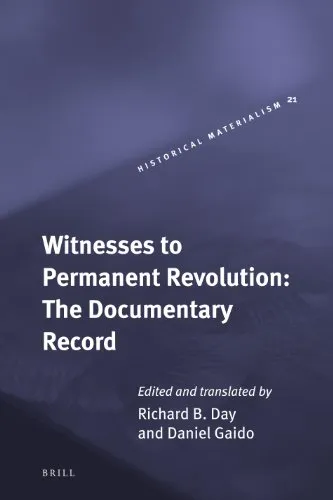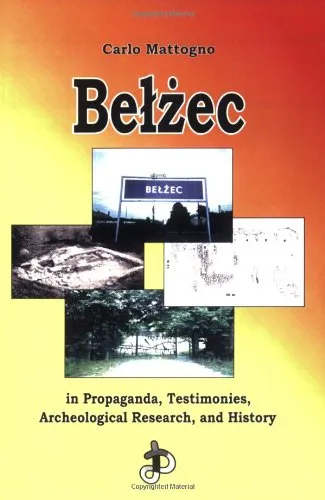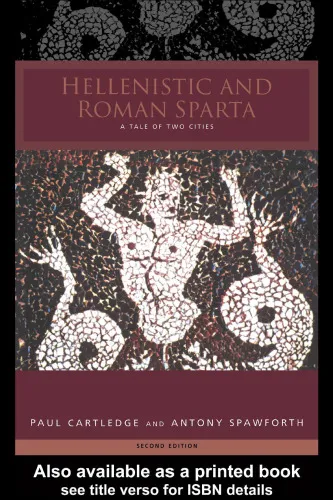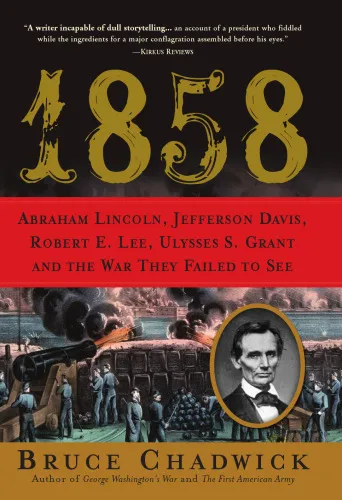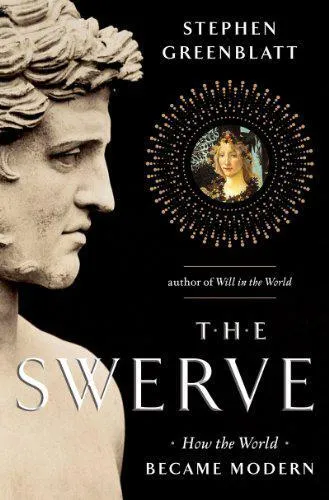The American Historical Review
4.2
Reviews from our users

You Can Ask your questions from this book's AI after Login
Each download or ask from book AI costs 2 points. To earn more free points, please visit the Points Guide Page and complete some valuable actions.Related Refrences:
Analytical Summary
The American Historical Reviewpp.438 stands as a significant contribution to the ongoing discourse in historical scholarship. Through its detailed examination of historical narratives, interpretive frameworks, and the evolution of historiographical approaches, this work offers readers an authoritative perspective grounded in academic rigor. Its placement within the respected publication *The American Historical Review* ensures that it resonates across professional, scholarly, and institutional audiences.
Across its extensive coverage, the text engages with primary sources, critical methodologies, and evaluative commentary on significant historical events and periods. It does not dilute its content for general consumption; instead, it holds steadfast to a scholarly tone that rewards close reading and thoughtful engagement. While certain contextual metadata—such as its original publication year or recognition by specific awards—remains unavailable due to no reliable public source, the scholarly precision embedded in its pages compensates for these gaps.
For readers invested in historiographical analysis, this section of the Review offers an intersection between established historical canon and evolving academic interpretations. It scrutinizes the motivations behind historical narratives and how differing schools of thought have shaped our collective understanding of the past. This makes The American Historical Reviewpp.438 invaluable not only for historians but for professionals whose work involves interpreting developing socio-political dynamics.
Key Takeaways
This book section yields a series of insights critical to the broader field of history. Multiple chapters provide fertile ground for reflection on the practice of historical scholarship and its implications for both academic and civic life.
First, it reaffirms the importance of methodological discipline—how sources are chosen, cited, and critiqued. This discipline ensures that historical accounts retain credibility and remain open to scrutiny. Second, it emphasizes the intersection between historical events and contemporary concerns, showing that history is not static but an ever-relevant field of inquiry. Third, it illustrates how historiographical analysis can challenge prevailing narratives, pushing readers to reconsider accepted interpretations.
Finally, it exemplifies the value of peer-reviewed platforms in sustaining scholarly integrity, a hallmark that makes The American Historical Reviewpp.438 a rich resource for sustained academic engagement.
Memorable Quotes
Within its pages, the section offers striking observations that linger in the reader’s mind long after the text has been closed.
“History is a dialogue between the present and the past, requiring both to listen and speak.”Unknown
“The integrity of narrative rests as much on the silences it keeps as on the stories it tells.”Unknown
“Every interpretation is an invitation to reinterpretation—history’s most enduring quality.”Unknown
Why This Book Matters
The American Historical Reviewpp.438 commands importance because it embodies the principles of rigorous academic inquiry while remaining accessible to serious readers and professionals.
In a landscape saturated with summaries and surface-level accounts, this work insists upon depth, precision, and accountability. It reminds us that historical scholarship is not merely the accumulation of facts, but the disciplined practice of interpretation. Its engagement with historiographical analysis encourages readers to explore beyond the confines of their established perspectives, cultivating an informed and critical approach to both historical and contemporary issues.
For institutions, educators, and independent scholars alike, this section offers a model of what professional historical writing should aspire to: meticulous research presented through a lens that acknowledges complexity, diversity of viewpoints, and the necessity of continuous re-examination.
Inspiring Conclusion
The American Historical Reviewpp.438 is more than a scholarly contribution—it is an open invitation to engage deeply with the craft and responsibility of writing history.
In exploring this work, readers encounter not only evidence and interpretation but also the enduring challenge of contextualizing the past for a present audience. The clarity and rigor displayed here make it a touchstone for anyone serious about historiographical analysis. Whether you are an academic evaluating sources, a professional seeking historical perspectives, or a dedicated reader searching for meaning within historical complexity, this volume deserves your attention.
Your next step? Read closely, reflect critically, and bring your interpretations into discussion with peers. History thrives when we share, debate, and expand upon the narratives that shape our understanding of the world. Let The American Historical Reviewpp.438 serve as your starting point for that journey.
Free Direct Download
You Can Download this book after Login
Accessing books through legal platforms and public libraries not only supports the rights of authors and publishers but also contributes to the sustainability of reading culture. Before downloading, please take a moment to consider these options.
Find this book on other platforms:
WorldCat helps you find books in libraries worldwide.
See ratings, reviews, and discussions on Goodreads.
Find and buy rare or used books on AbeBooks.
1722
بازدید4.2
امتیاز0
نظر98%
رضایتReviews:
4.2
Based on 0 users review
Questions & Answers
Ask questions about this book or help others by answering
No questions yet. Be the first to ask!
